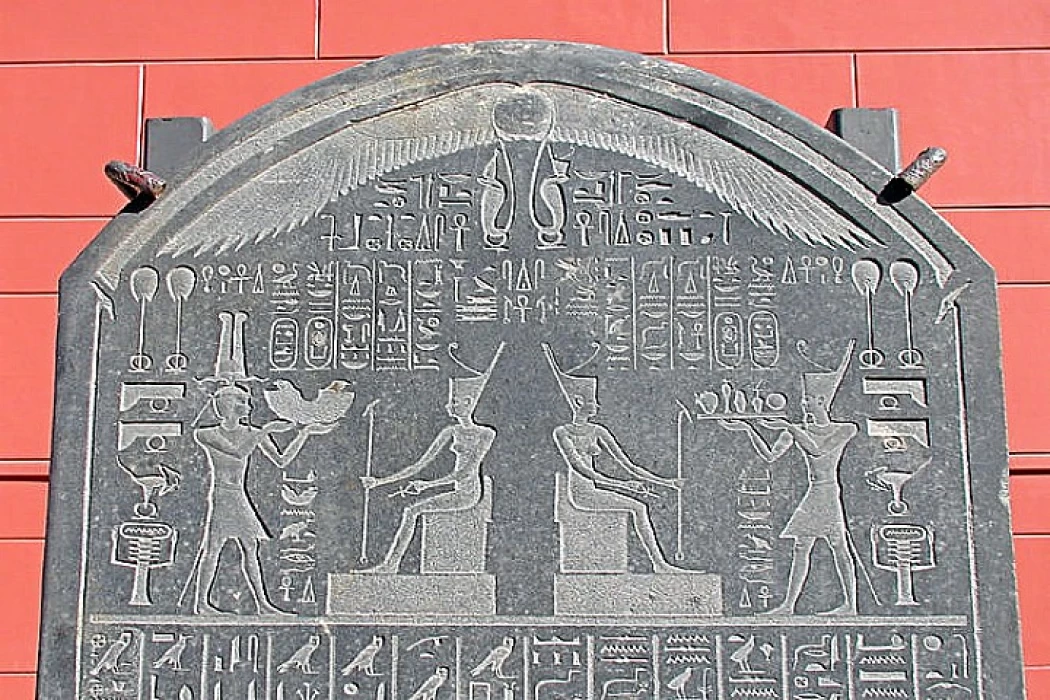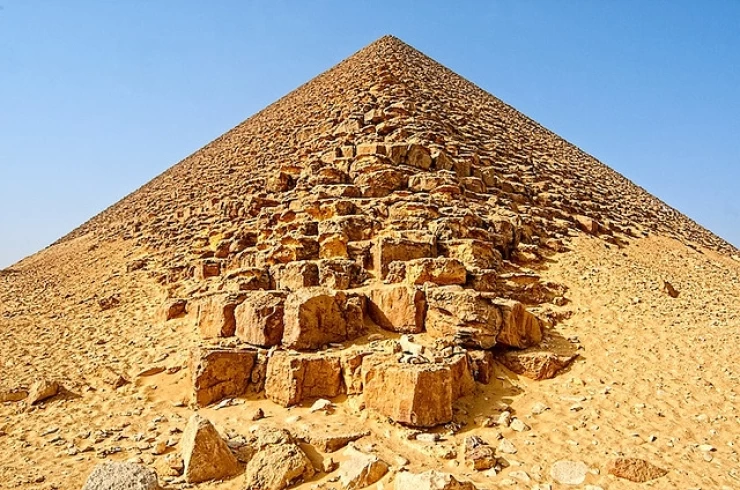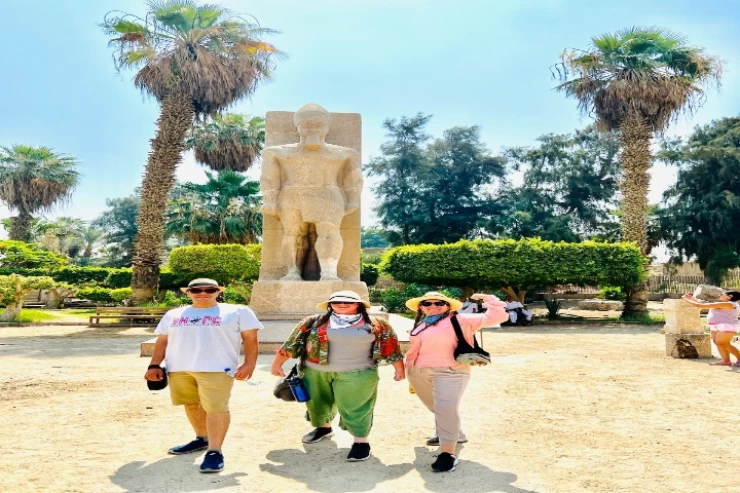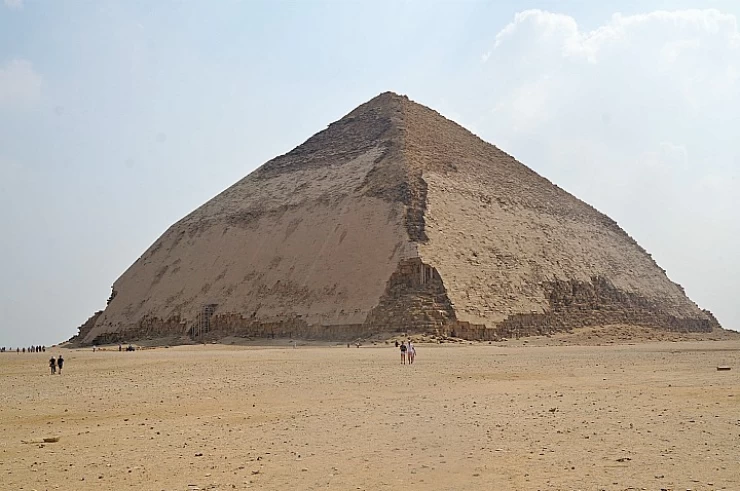
The 30th dynasty of Ancient Egypt
The Thirtieth Dynasty of Ancient Egypt
In Edfu, he is remembered as a donor of vast lands to the temple of Horus; a large stele in Ashmunein (Ermoupolis) commemorates the many buildings added to the temples of the goddess Nehmetaway, of the primordial divinity Ogdoad, and of the great Thoth himself.
Finally, from Naucratis comes a valuable inscription that recalls the imposition of a 10 percent tax on imported and processed goods in this city, the proceeds of which were intended to enrich the goddess Neith of Sais. During his reign, on the other hand, he had to face, coming out the winner,
yet another attempt to invade the Persians, in 373 BC. The following years were instead marked by the rebellion of the satraps of the various Persian provinces, and Nekhtnebef managed to protect himself by providing gold subsidies to the various contenders.
On the death of Nectanepo, in 363 BC, his son Teos, or Tachos, succeeded him as he is called by some Greek authors, a name already brought by. his father. The time seemed ripe for a direct attack on Persia. The old king Agesilaus arrived with a thousand hoplites in Egypt, where the Athenians joined him.
Nectanepo was elected pharaoh following the failure of the expedition against Phenicia organized by his predecessor Teos. Viewed from the Egyptian point of view, the reign of Nectanepo could appear almost an exact replica of that of Nekhtnebef. Both sovereigns reigned for eighteen years and carried out an enormous building activity.
In the meantime, however, the rise of Artaxerxes III Oco to the throne brought new life to the Persian empire. In 343 a. C. the great war campaign against Egypt began. Strength was the resistance of the Egyptian troops to Peluso, but the enormous power of the Persian army prevailed.
Nectanepo, panicked, instead of defending his positions, retired to Memphis willing to support a siege. The cities of the delta, however, capitulated one after the other, until the capture of Bubastis. Nectanepo, realizing that the situation was desperate, gathered together as much as he could of his possessions and left on the river "for Ethiopia", after which nothing more was known about him.
Would you like to experience a journey through ancient Egyptian culture and mythology? you can make it happen and spend a day visiting Abydos, Giza, Luxor, and Aswan to see the tombs of the pharaohs adorned with very clear, detailed, and beautifully painted scenes of the various deities of ancient Egypt, as well as many other sites, cities, adventures, and things to do in Cairo, you can try booking one of our Egypt travel packages and many private guided Cairo day trips from the airport and Egypt day trips to explore the capital of Egypt, Cairo you can check out many of the Egypt itineraries or take one of our complete Cairo day trips, such as:

















